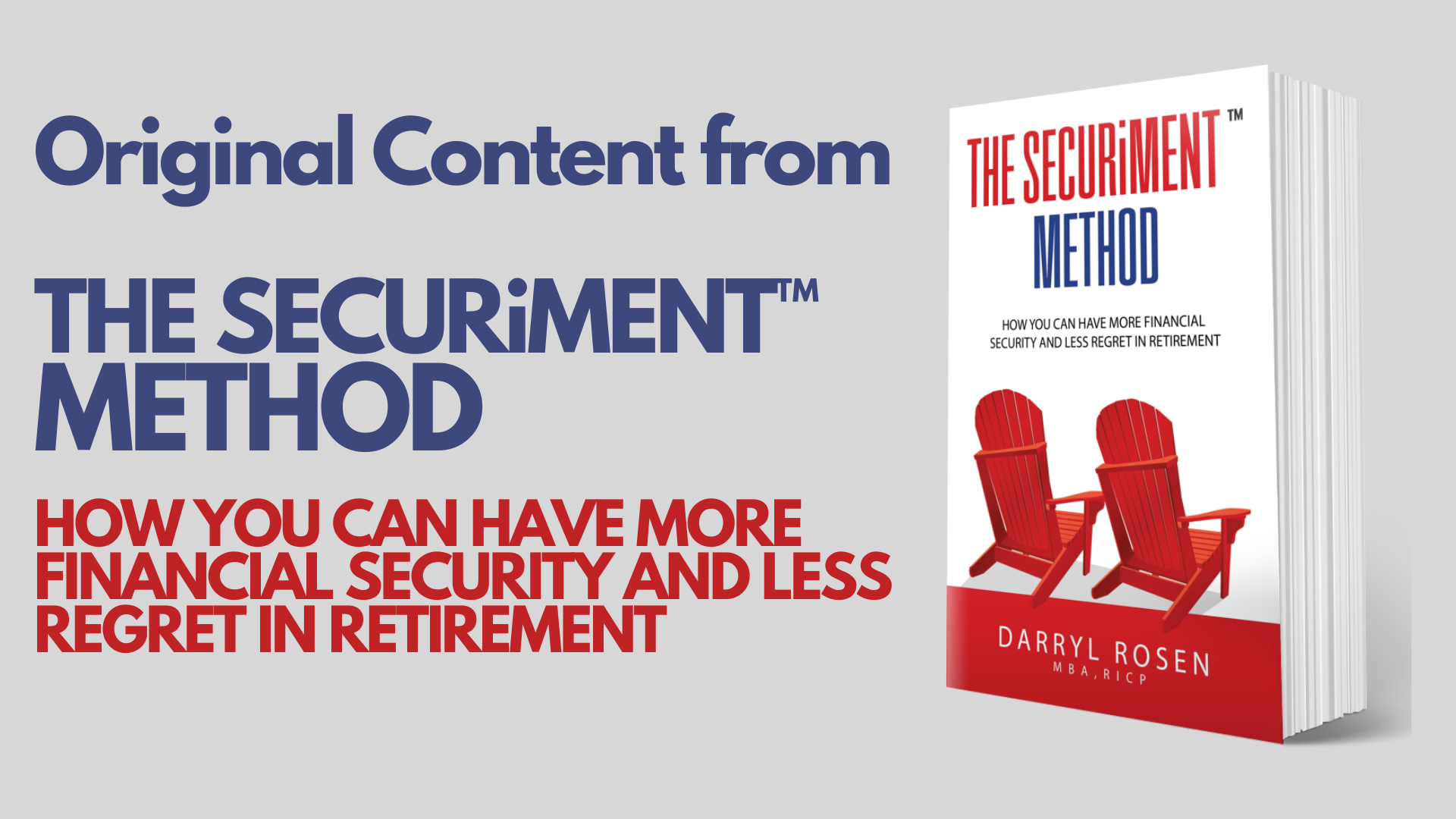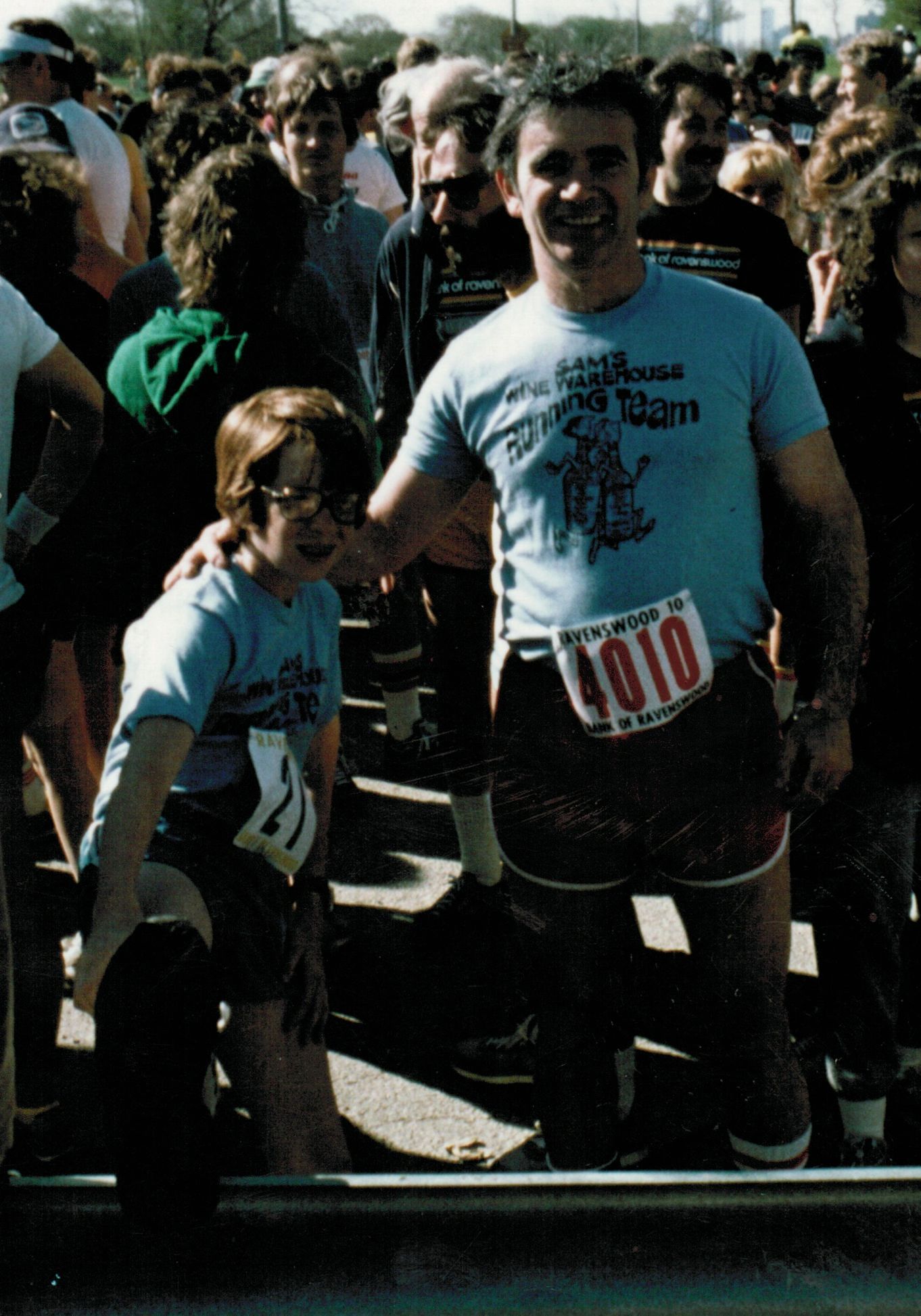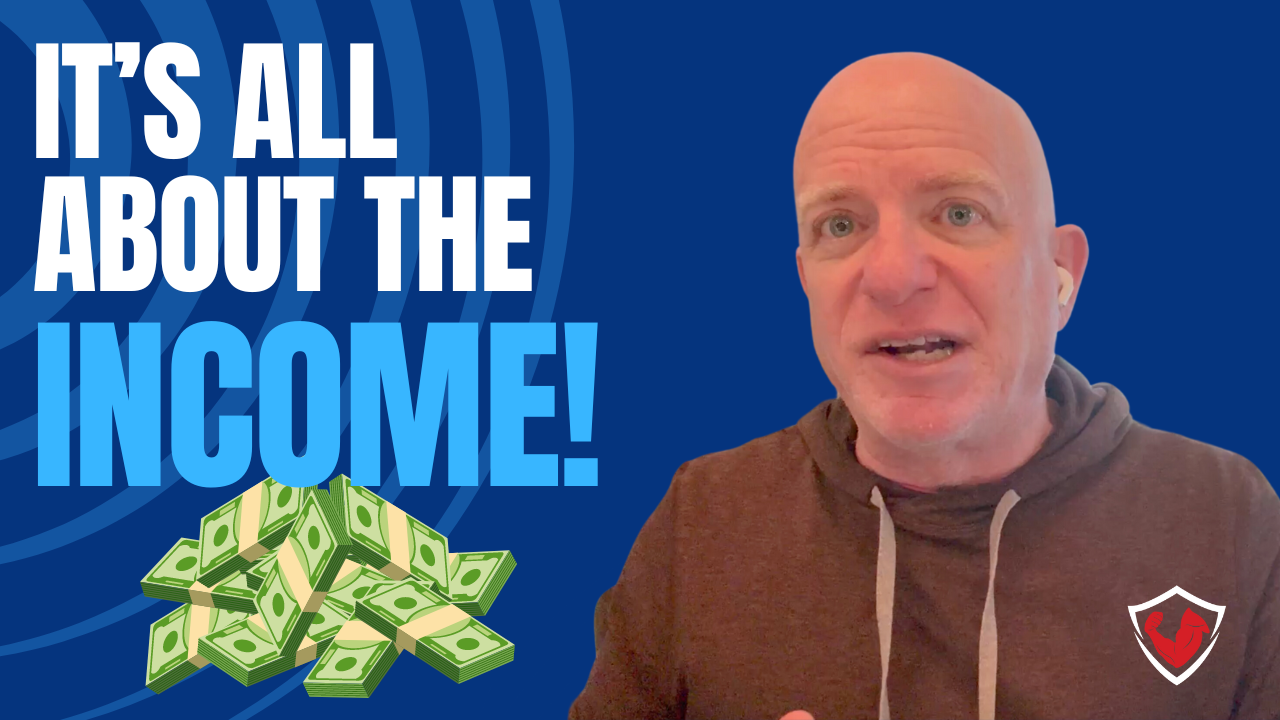I have a question that will probably seem out of place in a personal finance article.
The topic is about a strange, quasi-scientific urban legend. Not sure where I heard it or exactly what it means, but there may be some parallels to retirement planning. (I hope!)
Have you ever heard of the butterfly effect?It goes something like this: When a butterfly flaps its wings in one place it causes a hurricane halfway around the world.
Pretty heavy, huh? (As science was never my specialty, I did a little research.)According to Wikipedia. The term is closely associated with the work of mathematician and meteorologist Edward Norton Lorenz. He noted that the butterfly effect is derived from the metaphorical example of the details of a tornado (the exact time of formation, the exact path taken) being influenced by minor perturbations such as a distant butterfly flapping its wings several weeks earlier.
A biology lesson in an article about retirement! Who knew? (And if you can define “perturbation,” well, you have won our intellectual battle. I concede!)
My take on this is that actions may be related to outcomes in ways we don’t expect.
Let me illustrate this point by telling you about my Dad, his life, and his choices (some of them). My Dad’s name is Fred. He is 87-years old as I type these words. I remember one day when I was 12-years old, he came home from work, put out his cigarette, and said it was time to quit smoking and get in shape. I later found out it was actually my Mom who told him he needed to quit smoking and get in shape. The next day we ran two miles. Actually, for the sake of accuracy, it was more like a slow trudge. I remember that we ended up at the greatest place you can go to on a summer’s evening. We ended up at the local Dairy Queen. That’s right! We went to Dairy Queen, and we ordered hot fudge sundaes, found the nearest payphone, and called Mom for a ride home. (Remember, it was her idea!) And that was the beginning of me and my Dad running road races together. Here is my Dad and I at a race.
It's not the clearest picture, but it’s from 1978—and it’s the only one I have from us at a race! You may notice that I had an awkward look as a child. Thick glasses and red hair. Unfortunately, it hasn’t improved much…
My Dad remained very active until he turned eighty. But not any more. He has dementia now, and it’s getting worse by the day. He’s just a shell of himself. I have a difficult time accepting what has happened to him.
So how does this relate to the butterfly effect? Let’s reimagine this phenomenon, but this time instead of butterflies and tornados, let’s talk about the small things that happen when you are younger that impact your future.
What if little changes you make now could have an outsized influence on how you live the rest of your life?
What if a small step that you make right now could have a major effect on your happiness in the next chapter of your life.
What if taking action on something now could help solidify access to the kind of care you need when you might no longer recognize the person you have become?
Like the actions my Dad took when he was younger.My Dad took action almost thirty years ago. He bought Long-Term Care insurance. At the time he was almost 60 and fit as a fiddle. It wasn’t an easy decision for him. He went back and forth. I don’t need it! I won’t use it! It’s too much! I’m strong!
And he was very strong at the time. He was playing basketball with players much younger than he was, and he did so at a decent level until he turned eighty. He was a three-sport athlete at Roosevelt High School in Chicago and played collegiate sports at the University of Denver. (In case you’re curious, I am not a good athlete. That’s why I became a runner. And to hang out with the cheerleaders...)
Anyway, he never could have imagined how one small move could have such an impact on the care he receives. Now, because of his sickness, he doesn’t understand how much he helped himself and his family. But we understand. He receives good care because of one decision he made so many years ago.
By the way, this is not a story about a specific product, in this case: long term care insurance, although I am quite passionate about the subject.
This is a story about how all of this stuff may be related. This is a story about taking action even when you don’t want to. This is a story about how being happy in retirement requires little changes that will make a big difference, and knowing that actions (and inaction) have consequences.
This is an excerpt from The SECURiMENT™ Method - How You Can Have More Financial Security and Less Regret in Retirement. You can
purchase that book on Amazon by clicking
here.





